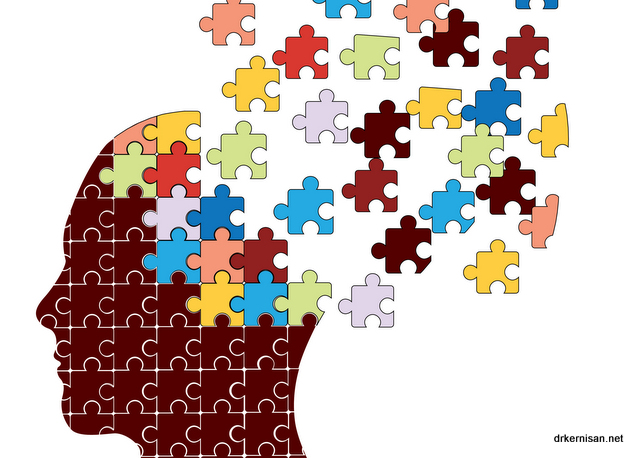These lifestyle options can help you prevent it
by Vicki Batts
Many people assume that dementia is a “normal” part of the aging process — but the truth is that memory loss and cognitive decline are not rites of passage in your golden years. Recent survey data from the Dementia Attitudes Monitor shows that over 20 percent of people in the United Kingdom believe that dementia is inevitable as they get older, while over 70 percent of people believe that dementia cannot be prevented.
In the United States alone, nearly six million people are currently living with Alzheimer’s disease — and that number is expected to reach 14 million by 2050. An estimated one in three seniors dies with Alzheimer’s or another form of dementia — and every 65 seconds, someone else is diagnosed with the disease.
For millions of people, dementia is already a reality. But despite what the corrupt medical establishment tells us about dementia, it can be prevented.
Dementia isn’t a fact of life
Across the board, the findings on dementia attitudes in the U.K. do not look good. In addition to believing dementia is inevitable and cannot be prevented, most people don’t know what the risk factors for dementia are or how to protect against it. Health officials believe that at least one-third of all dementia cases can be prevented with diet and lifestyle modification — which makes this lack of awareness especially concerning.
The polling data, collected by Ipsos MORI for Alzheimer’s Research U.K., included responses from over 2,000 participants.
However, the survey respondents were never asked why they thought dementia was unavoidable and unpreventable.
It is hard not to wonder if people have such an abysmal view of dementia because that’s the message they’re being given from health professionals. Even the pharmaceutical industry has been forced to admit defeat when it comes to dementia treatment. There are no prescription drugs that can put a band-aid on cognitive decline.
That sounds pretty negative — especially to someone who’s been conditioned to believe pharma drugs are the only path to wellness for their entire life. It’s really not surprising that most people put dementia up there with death and taxes: That’s basically what doctors tell them.
Preventing dementia is possible
Despite what the mainstream medical-pharmaceutical industrial complex would like for you to believe, dementia and Alzheimer’s disease can be prevented — just like other major Western ailments such as heart disease and diabetes. Admitting that the body can protect and heal itself without pharmaceuticals is a major threat to modern medicine (and all the profits that come with it).
Denying the biological reality that yes, the human body can take care of itself, is essential to their bottom line — but consumers can still take charge of their health.
There are a host of diet and lifestyle modifications people can make to reduce their dementia risk. As Daily Mail reports, experts suggest the following changes:
• Quit smoking if you are a smoker
• Drink in moderation, if at all
• Keep your brain active
• Be more social
• Maintain a healthy weight
• Follow a healthy diet
• Be physically active
These generic lifestyle changes can help improve overall health and can help reduce the risk of many diseases and conditions, including dementia. Recent research has shown that there may be another potential risk factor for dementia and Alzheimer’s: Aluminum exposure.
Studies have shown that aluminum in drinking water can increase your risk of dementia. According to reports, the scientists found consuming just 0.1 mg of aluminum per day from drinking water was enough to adversely effect cognitive ability over time.
Research has also shown that the aluminum adjuvants in vaccines can also threaten cognitive function and contribute to the onset of Alzheimer’s and other neurological conditions. Fortunately, studies also show silica water can help protect your brain against the toxic effects of aluminum and other metals.
Learn more about preventing dementia and other diseases at Prevention.news.
Sources for this article include:
DailyMail.co.uk
ITV.com



